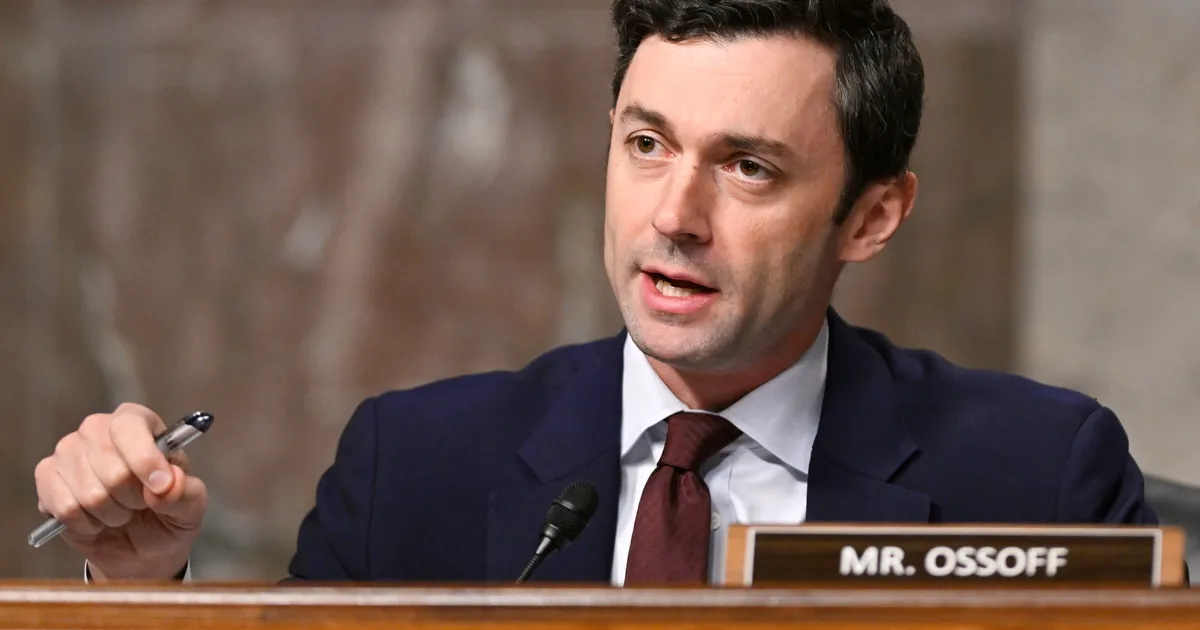
Recent events have not brought the nation together, as many had hoped, but have torn us further apart.
We all know Democrats don’t like the Republican Party and Republicans don’t like the Democratic Party. That’s understandable. But a new national poll from the Economist/YouGov lays out evidence of the deeper, more scorching, temper of our times.
Majorities of voters in each party describe the opposing side as “evil,” “extreme,” “intolerant” and “corrupt.” Mind you, these are Americans talking about one another, including neighbors, friends and family members.
The poll finds that 88% of voters believe the nation has become more “politically divided” during the past five years. More ominously, nearly nine out of 10 voters believe there is greater political violence now than there was 10 years ago.
These numbers paint a picture of America shaped by internal discord, a condition that will become more hateful, more distrustful — and, heaven forbid, more violent — as long as common values and shared beliefs fall away.
Based on the poll, 10% of the nation’s electorate — which includes 16% of Kamala Harris voters and 5% of Donald Trump voters — say it’s “justified for citizens to resort to violence in order to achieve political goals.”
At first glance, you may think this is somewhat good news, that only one out of ten Americans think violence can be justified. But consider what this number really means: The equivalent of 10% of U.S. adults is 27 million people. That’s a lot of people who see political violence as an option.
Overall, 65% of voters are concerned about left-wing extremism (including 90% of Republicans) and 62% are concerned about right-wing extremism (including 88% of Democrats). Among independents, who eschew both party labels, 56% are concerned about extremism on the left and 57% about extremism on the right.
Not surprising, a whopping 73% majority of conservatives think most political violence in the U.S. is committed by the left, and a huge 69% of liberals say most is committed by the right. Independents split nearly down the middle. Most men, Whites and those 45 and older perceive the left as the culprit; most women, Blacks and those younger than 45 view the right as the culprit. Hispanics are closely divided.
From a wider perspective, 72% of voters believe the current moment in American politics feels like a “significant turning point.” This is how self-fulfilling prophecies come true.
The recent assassination of conservative activist Charlie Kirk was both a national tragedy and a painful catalyst for much of this moment. While millions of Americans across the spectrum mourn his death and pray for his family, the entire electorate is evenly divided on Kirk himself: 39% favorable, 39% unfavorable. The partisan difference is stark: 75% of Republicans are favorable toward him and only 5% are unfavorable; in the reverse, just 4% of Democrats are favorable toward him and 68% are unfavorable.
That’s about as polarized as you can get.
While 68% of Republicans believe Kirk’s killer was motivated by left-wing beliefs, only 10% of Democrats agree. Fifty-three percent of Democrats believe other beliefs motivated the killing. As we often see, it’s becoming harder to get agreement across party lines on the facts for any issue.
For years, political scientists argued that the nation needed a “responsible” two-party system, which meant parties marked by cohesion within their ranks and clearly opposing views between them. Well, they got it. And it’s at least partly responsible for the slow-motion collapse of American democracy.
When you add together technology, social media, unlimited money and ideologically rigid parties, the result is a political system that breeds extremism and corruption. It also pushes independent thinking out of the process and forces unpleasant Election Day choices.
Today’s partisans and politicians don’t necessarily want the system to be this way — the founders gave us fair warning — but they have walked backward into the morass. While they pursue honestly-held beliefs, they tend to only blame the other side, and not the system itself, for its ills. This means no common ground, only killing fields of political combat. And that, more than anything, has led to this moment.



